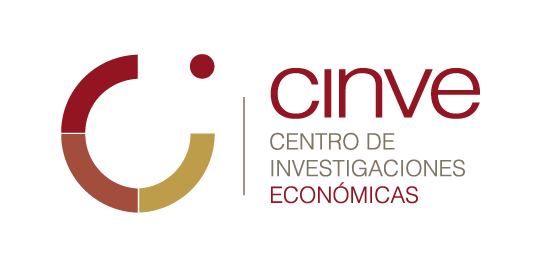Abstract
The aim of this paper is to provide evidence for the tourism-led-growth hypothesis for the four countries of MERCOSUR regional trade block, analyz- ing differences and similarities from a comparative perspective. In particular, the study empirically explores whether tourism activity leads –on the long run– to economic growth, or, alternatively, whether economic expansion drives tourism growth, or indeed a bi-directional relationship exists between the two variables. To this end, cointegration analysis, exogeneity and causality tests are applied to quarterly data for the period 1990 – 2011. The findings show the existence of a cointegrating relationship between each real per capita GDP and tourism Even though the evidence supports the tourism-led growth hypothesis for all the countries, the elasticity of real per capita GDP with respect to tour- ism activity differs between them. The long run equations estimated (Vector Error Correction models) show that the higher elasticity corresponds to the smaller countries, Paraguay and Uruguay (both nearly 0.4). On the contrary, the smaller elasticity corresponds to the mayor economy of the regional block, Brazil (about 0.10). The elasticity for Argentina is around 0.30. In almost all the countries, the exogeneity and causality analysis do not allow rejecting the hypothesis that tourism activity drives economic growth unidirectionally. The exception is Uruguay, where the relationship found is bidirectional.
http://rabida.uhu.es/dspace/handle/10272/7542
